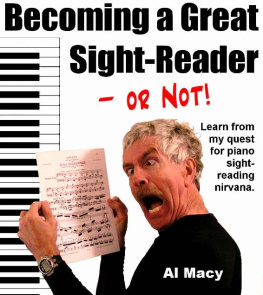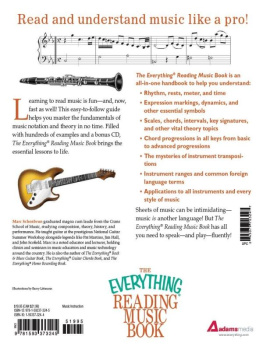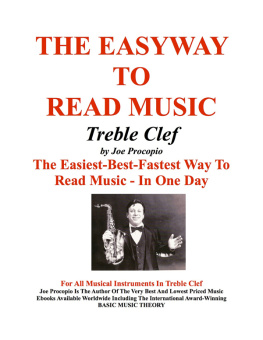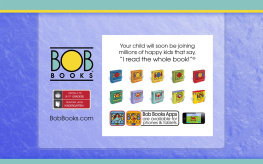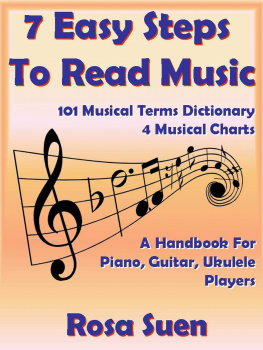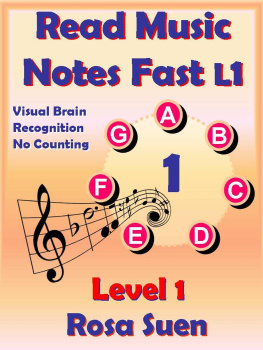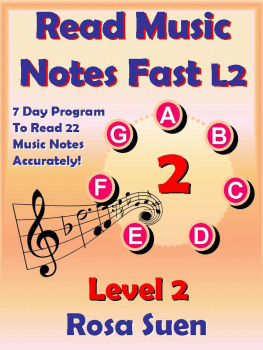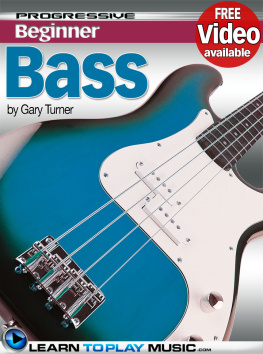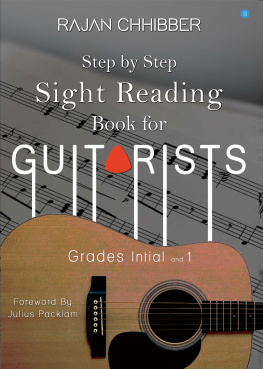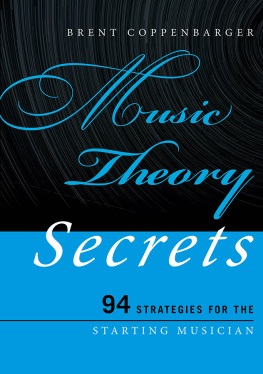Tableof Contents
?
I

Becoming a GreatSight-Reader
or Not!
Follow my quest for pianosight-reading nirvana, and learn what you should and shouldn't do.
By Al Macy
Copyright 2014 Al Macy
All Rights Reserved.
Introduction How I Got Into This Mess!
December 10, 2007
Today I decided to become a great (or at least,good) piano sight-reader. Although I'm already a jazz piano player,with 4-6 gigs per month, my sight-reading is lousy. Really lousy.I'll bet that most seven-year-olds who have had a year of lessonsread music better than I.

My plan is to get the best advice on how toimprove my sight-reading skills, and then devote 2+ hours per day tosight-reading practice for at least one year.
If you are in the same situation, you may beasking yourself what's required to reach this goal, and how long itwill take. You're also scouring the web looking for tips on how tojump-start your sight-reading. Well, I'm writing this for you. OK,also to show how clever I am, but mostly for you.
The subtitle of my book talks about my quest forsight-reading nirvana because I figured it would lookgood on the cover, plus it should up my sales with the huge Buddhistpiano sight-reading demographic. So, borrowing from the realdefinition of nirvana, this is what I'm after:
A transcendent statein which there is neither suffering, desire, nor sense of self, andthe subject can readily play new piano music, as long as it's not toodifficult.
Yeah, that's my quest.
IMPORTANT: you may want to read this entire book(or at least skip to the end) before you begin, so that you canbenefit from my experiences, and not head down any dead-ends.
Why I Want to be a Good Sight-Reader: I'vefound that I don't need to be a good sight-reader to play small-combojazz. Most jazz musicians read from jazz "charts." Theseconsist of single note melodies along with the chords. I don't havemuch trouble with these charts, since I can read the melody easily,and my left hand knows how to play the chords. However:
Once in a while Imight need to read standard music to play with, for example, a bigband.
I don't feel likeI'm a real piano player if I can't read music well.
I'd be embarrassedif someone said "Hey, Al plays piano, let's have him accompanyus with this Christmas carol music!"
Occasionally I usesome educational material (for example, transcriptions, sample introsor endings), and it would be convenient to be able to read itquickly.
I like the process of acquiring a new skill.
My Musical Background: For you to evaluatewhether your experience in learning to sight-read will match mine,you need to know a little about my musical background. So, here's aboring look at my history.
As a young kid I played piano by ear, but nevertook formal lessons. I had some records with Bach piano pieces onthem, played them at 16 RPM (on this thing called a recordplayer playing a 33 RPM record at 16 RPM makes themusic slow, and brings it down about an octave), and learned parts ofthem by ear. This makes me sound more like a prodigy than I was I only did this for a few pieces, and it took a long time. Eventuallymy mom took pity on me and bought me the sheet music, and I wouldlaboriously figure out a measure or two, and memorize the piece thatway. The main point is that I went out of my way to avoid learning toread music.
At age nine I took up trombone, and studied itseriously until the final year of high school, when a schedulingconflict between chemistry and band made me choose between music andscience. I chose science (phew, that was close!).
As required by the 1960s law that stated thatevery teenager has to play rock and roll guitar, I also took lessonsin guitar, and played in a rock band. I even performed in a Simon andGarfunkel type duo, at The Chicken Coop, once a week,getting paid $2.50 plus one piece of fried chicken.
But I pretty much did nothing with music fromcollege until 1987 (age 34), when my interest in jazz was rekindledby hearing the tune All of Me in Steve Martin's movieof the same name.
I took formal piano lessons for a year or two,worked hard, and learned a lot, but the sight-reading just wasn'thappening.
In 1992 (age 38) I picked up the trombone again,and got serious about jazz trombone. My sight-reading was better ontrombone than piano (hey, only one note at a time!), but I stillneeded to polish it up for big band playing. I played jazz tromboneseriously until 2005 (age 52), performing with a number of large andsmall groups.

In 2005, I was having some problems with myshoulder, caused by too much trombone playing, so it was time toswitch back to piano. This time I concentrated on jazz, and didn'twork much on sight-reading. That is, my playing consisted of playingthe chord changes, with improvisation in the right hand. That hasworked well, and I now lead a jazz quartet (Sax, drums, bass, andpiano), and also play in duos (Sax & piano or piano & bass)and trios. Here are my web sites: www.247jazz.com,www.AlMacyJazz.com.
One other thing relevant to sight-reading: I'vealways been a speedy typist. In college, I had this thing called atypewriter, which is like a papery laptop. I wanted tocure myself of the bad habit of looking at the keys, so I put tapeover the letter names on all of the keys. That solved my problemafter only a week. The thing about typing is that there is noconscious thought on my part. I think of a sentence and it magicallyappears. Wouldn't it be nice if I could get that way with piano?
This last November, I reread ASoprano on her Head , and it inspired me to givesight-reading another chance.
Yay, that's the end of the long boring history.The main point was that I was pretty musical, but avoided learning tosight-read chordal piano music very well. It may be that my window ofopportunity closed when I was a kid.
Now to find out whether I can learn to sight-read!
Readers and Memorizers Which are You?
December 11, 2007
In ASoprano on Her Head , the author notes thatthere are two kinds of musicians: readers and memorizers.
Readers can sit down and sight-read a new piecewell, but wish they were good at memorizing or at playing by ear.
Memorizers, who are often also good at playing byear, can hardly avoid memorizing a piece of music that they playmultiple times, but wish that they could sight-read better.
This makes sense, because if you're a memorizer,you get less sight-reading practice. That is, if you play a piece tentimes, you're only sight-reading it once or twice. You may notmemorize it completely after one time, but you get some benefit fromyour memory, and you generally remember what comes next. A reader,however, is (almost) sight-reading it each time, and thus getting5-10 times more sight-reading practice!
Also, if you play well by ear, you're going tofind that if you know the tune, you don't read the melody, and justplay it by ear. I remember that once I said Hey, I'm reallygetting this sight-reading stuff! but soon realized that I wasplaying well because I wasn't reading the melody at all, just playingit by ear.
That's my problem: I'm a memorizer. So, to solvethis problem, I'll get my hands on tons of easy piano material sothat I never have to play the same piece twice.
Sight-Reading Tips from the Intergoogle
Next page
